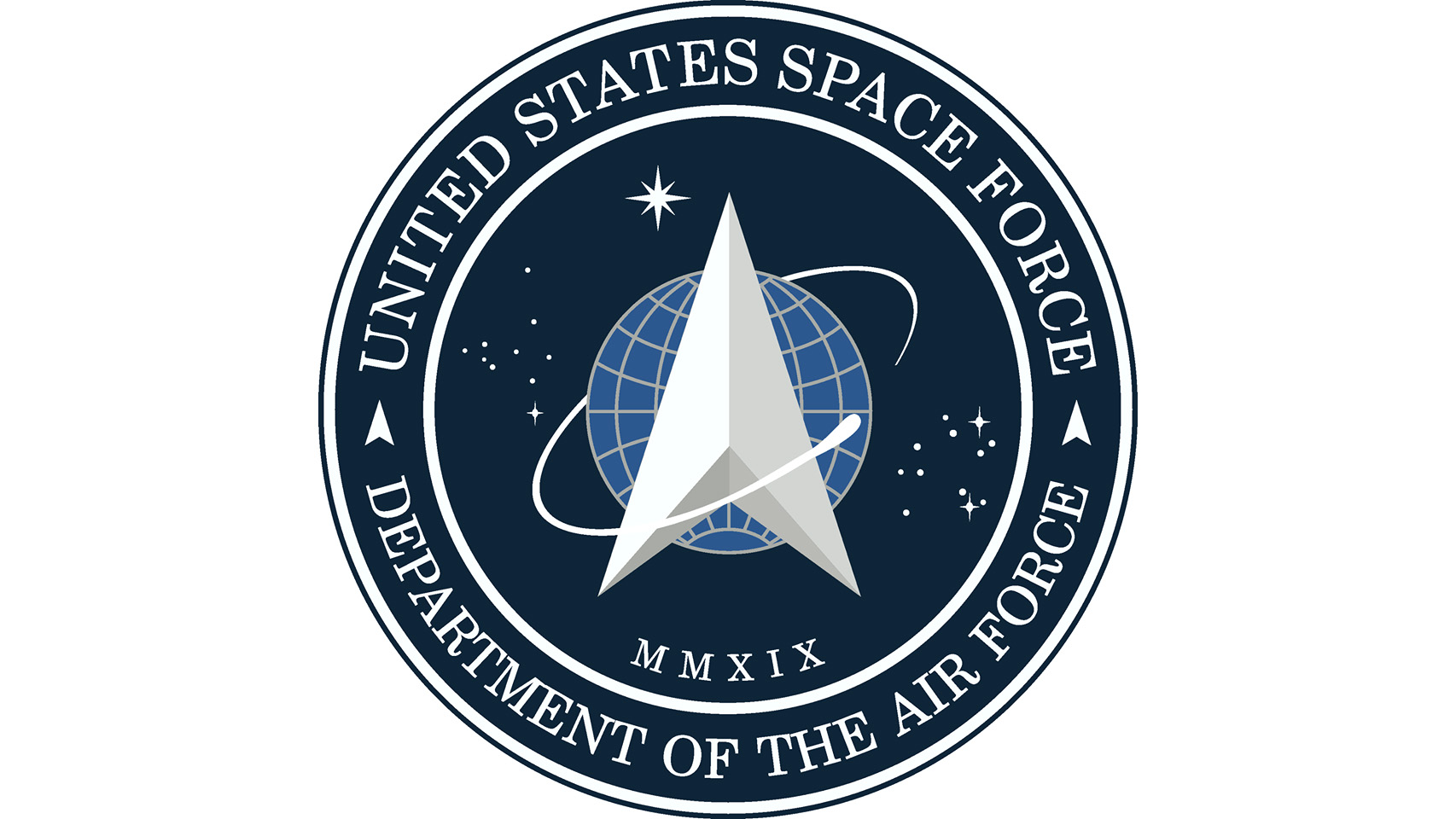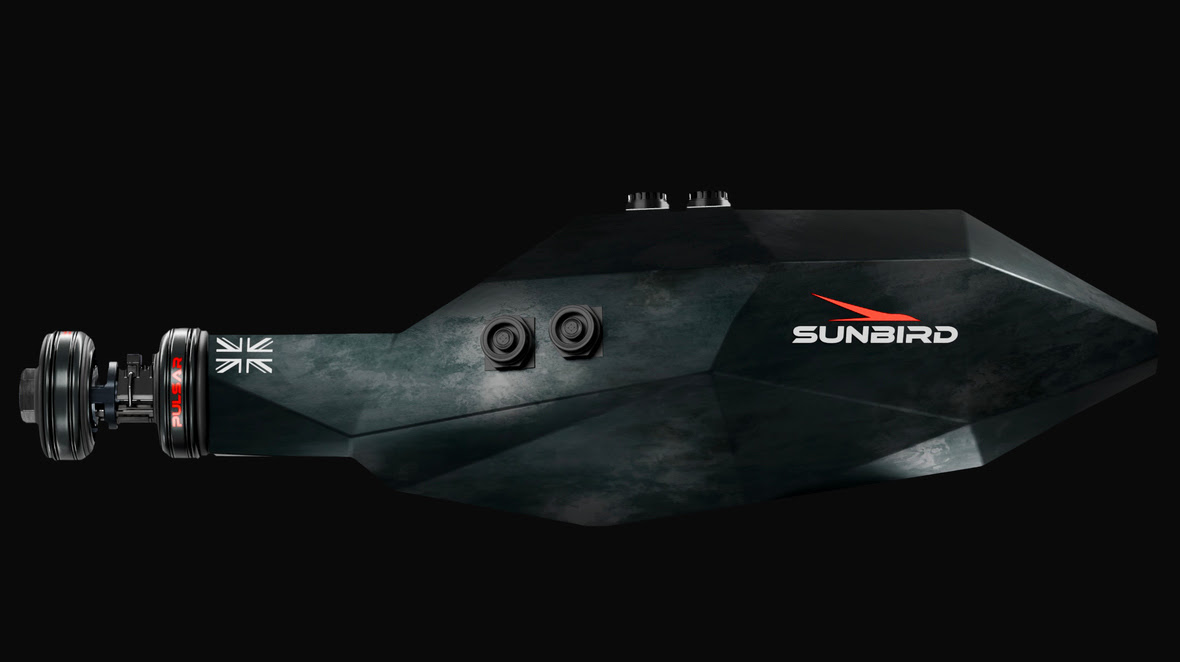
The Space Force is a real thing now, and it's in line to get some serious money.
The White House's 2021 federal budget request, which was released today (Feb. 10), allocates $15.4 billion to the U.S. Space Force, the new military branch that President Donald Trump proposed several years ago and officially established this past December.
That money will be put to a variety of uses. For example, $1.6 billion is earmarked for three national-security launches, $1.8 billion will go toward Global Positioning System projects and $2.5 billion will support "space-based overhead persistent infrared systems," Department of Defense (DOD) officials wrote in a press release today.
Related: Trump officially establishes US Space Force with 2020 defense bill signing
The total DOD allocation in the request is $705.4 billion.
"This budget focuses on NDS [national defense strategy] priorities of nuclear deterrence recapitalization and homeland missile defense, while refining our focus on the cyber and space warfighting domains and joint enablers for all operations in all domains: Air, land, sea, space and cyber," DOD officials wrote in the press release, which gives a detailed breakdown of the proposed defense spending.
"It advances the development of critical technologies including hypersonics, microelectronics/5G and artificial intelligence," the officials added.
Get the Space.com Newsletter
Breaking space news, the latest updates on rocket launches, skywatching events and more!
The total DOD funding for the space domain in the 2021 budget request is $18.0 billion. The lion's share of that is going to the Space Force, of course, but $337 million is allocated for another recently created entity, the Space Development Agency. An additional $249 million is headed to U.S. Space Command, which has been around since the mid-1980s.
The 2021 budget request gives the Space Force about 60% as much as NASA, which is in line to receive $25.2 billion — an increase of 12% over the space agency's current-year funding.
But the 2021 numbers are all preliminary, because White House budget requests are just that — requests. Congress has the power of the purse in Washington, so final budgets must be passed by the legislative body.
- Space Force: What will the new military branch actually do?
- The most dangerous space weapons ever
- Military space: Spacecraft, weapons and tech
Mike Wall's book about the search for alien life, "Out There" (Grand Central Publishing, 2018; illustrated by Karl Tate), is out now. Follow him on Twitter @michaeldwall. Follow us on Twitter @Spacedotcom or Facebook.

Join our Space Forums to keep talking space on the latest missions, night sky and more! And if you have a news tip, correction or comment, let us know at: community@space.com.

Michael Wall is a Senior Space Writer with Space.com and joined the team in 2010. He primarily covers exoplanets, spaceflight and military space, but has been known to dabble in the space art beat. His book about the search for alien life, "Out There," was published on Nov. 13, 2018. Before becoming a science writer, Michael worked as a herpetologist and wildlife biologist. He has a Ph.D. in evolutionary biology from the University of Sydney, Australia, a bachelor's degree from the University of Arizona, and a graduate certificate in science writing from the University of California, Santa Cruz. To find out what his latest project is, you can follow Michael on Twitter.
-
Hawkstein This is nearly the budget of NASA. Space ventures could really benefit from these massive military-sized budgets...Reply -
montyw47 Bet that BILLIONS are on its way to Space Command. Currently, Space Command shows as an entity under the Department Of The Air Force. Will Space Command become its own department and cabinet entity reporting the POTUS???Reply -
montyw47 Guardians was a bad 'space' movie and there was a sequel which wasn't better. But to be called Guardians seems like a lack of imagination by the DOD. Why not spaceman or astronaut?Reply









